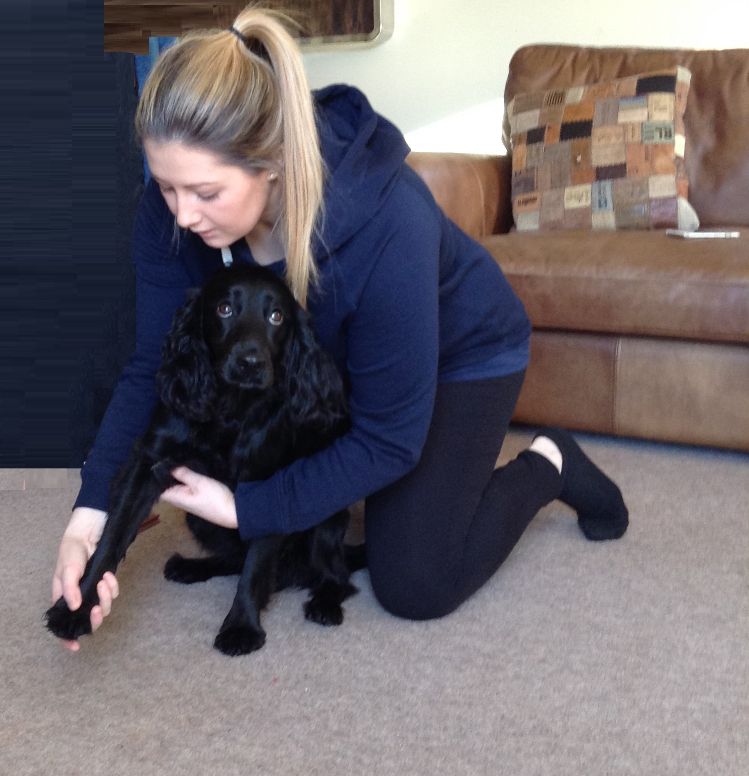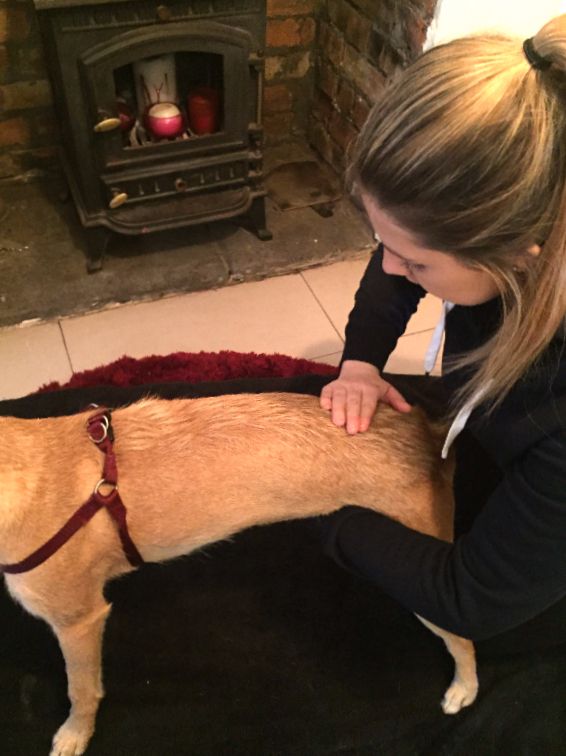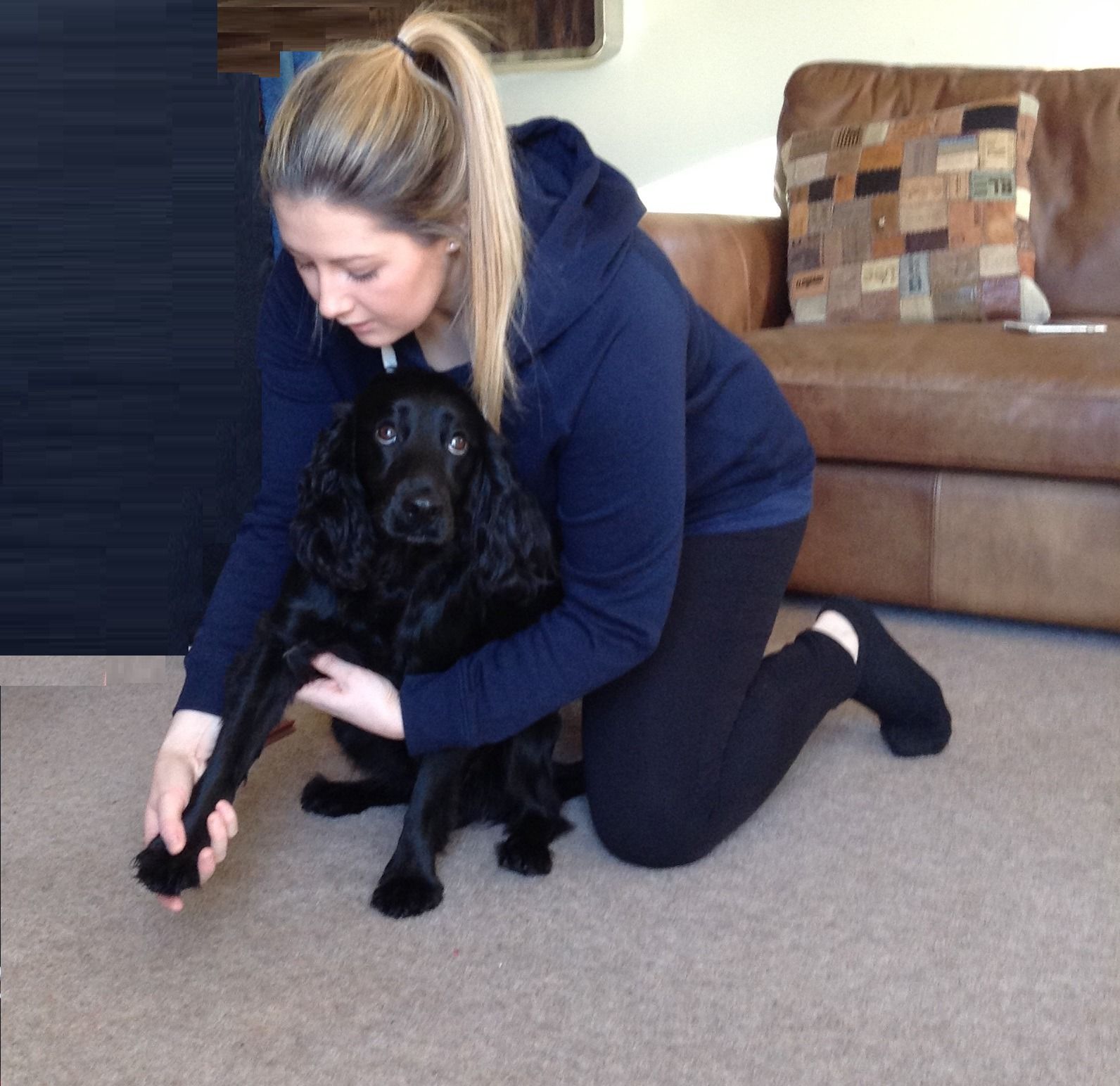Canine Physiotherapy
Canine Physiotherapy
From your average pet to a racing greyhound or an agility athlete, all dogs can suffer from a wide variety of conditions which may benefit from physiotherapy. Dogs, like us, suffer from different issues depending on their stage in life.
Puppies can suffer from developmental problems including dislocating patella and hip and elbow dysplasia. In addition to this, they often struggle with body awareness, coordination, balance and muscle development.
Contrary to this, elderly dogs often suffer from back pain, stiffness and arthritis. This can prevent them from comfortably carrying out daily activities such as being mobile, standing to feed and lifting their leg during toileting.
Physiotherapy can help to improve all of these conditions
and Jenny can work with you, as the owner to give guidance on suitable exercises to enhance your dogs’ rehabilitation.
Unfortunately regardless of their age, dogs can injure themselves at any time due to falls, accidents and twists during exercise. Any subtle change in temperament or loss of performance should be investigated, as an undiagnosed and untreated injury could cause more serious damage over time. As our dogs are unable to talk to us, they communicate via a variety of methods. As an owner it is your responsible to identify when your dog may be informing you that they are in pain. Similar to Humans, dogs require physiotherapy post surgery to reduce recovery time and enhance the healing progress.
General Signs of Injury:
- Abnormal posture
- Asymmetrical muscle development
- Changes in behaviour or temperament – “Not acting themselves”
- Sitting crooked, not square or one sided
- Decline in performance, enthusiasm or endurance – not wanting to play as often
- Difficultly getting up from sitting
- Lameness
- Pain
- Sensitive or tender to touch
- Shortened stride
- Stiffness especially in the mornings, cold or after exercise
- Weight shifting
Working dogs including sheep dogs and police dogs, and those that regularly compete at agility and fly ball are subject to more stresses than the average pet dog. In order to perform to their optimum ability they require sport specific conditioning, body awareness, core stability and pain-free, flexible muscles. Physiotherapy can be used for injury prevention to improve strength, balance, coordination and gait, as commonly known
“Prevention is better than a cure”.
Common Canine Conditions that Benefit from Physiotherapy:
- Hip and elbow dysplasia
- Cruciate ligament injuries
- Neurological conditions
- Lameness and gait abnormalities
- Post surgery rehabilitation
- Osteoarthritis
- Rehabilitation following surgery
- Wound healing
- Weight loss programmes
- Spinal disc disease
Even if your dog has no apparent injuries or pain, it is good practice to book in for 6-monthly routine assessments.





